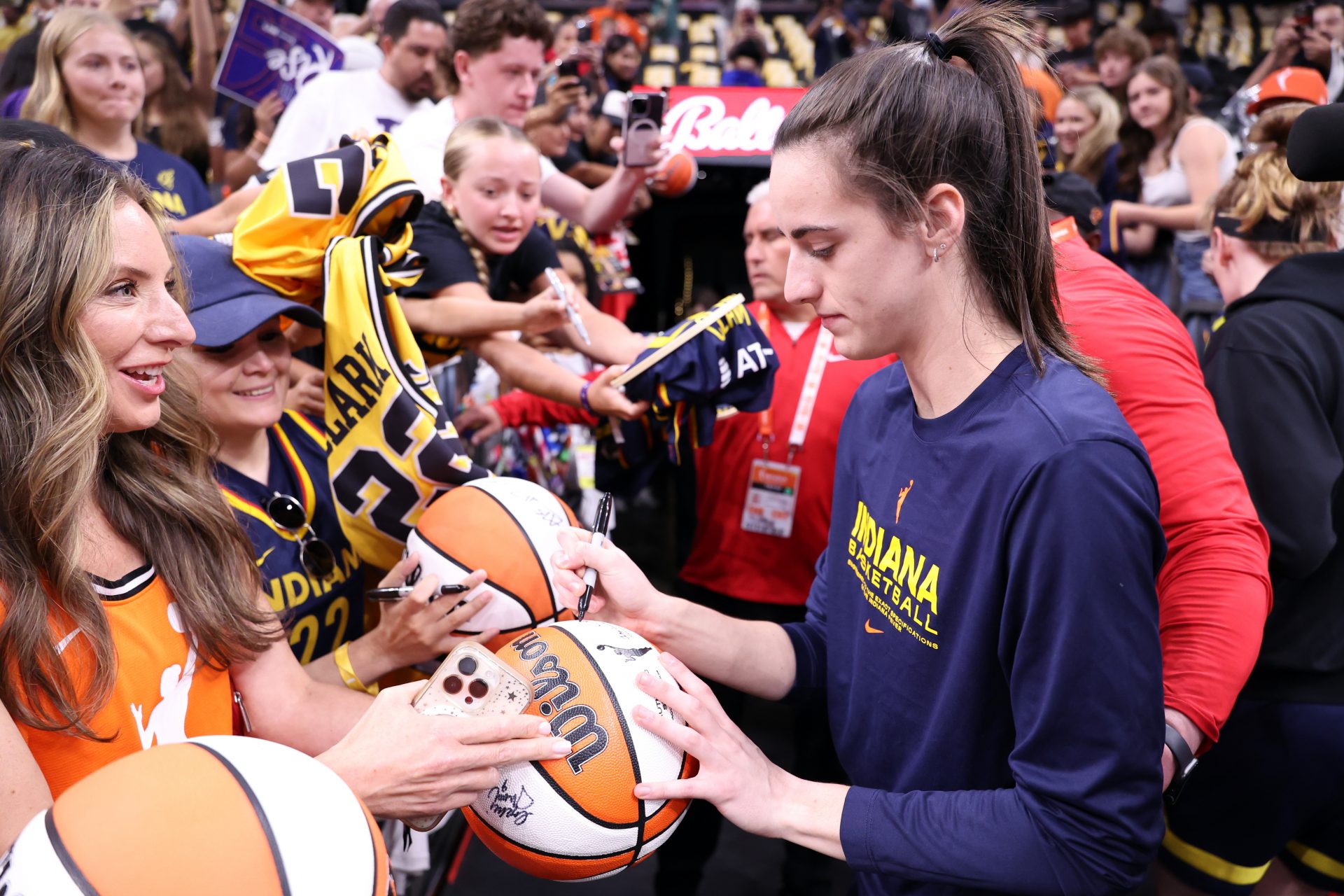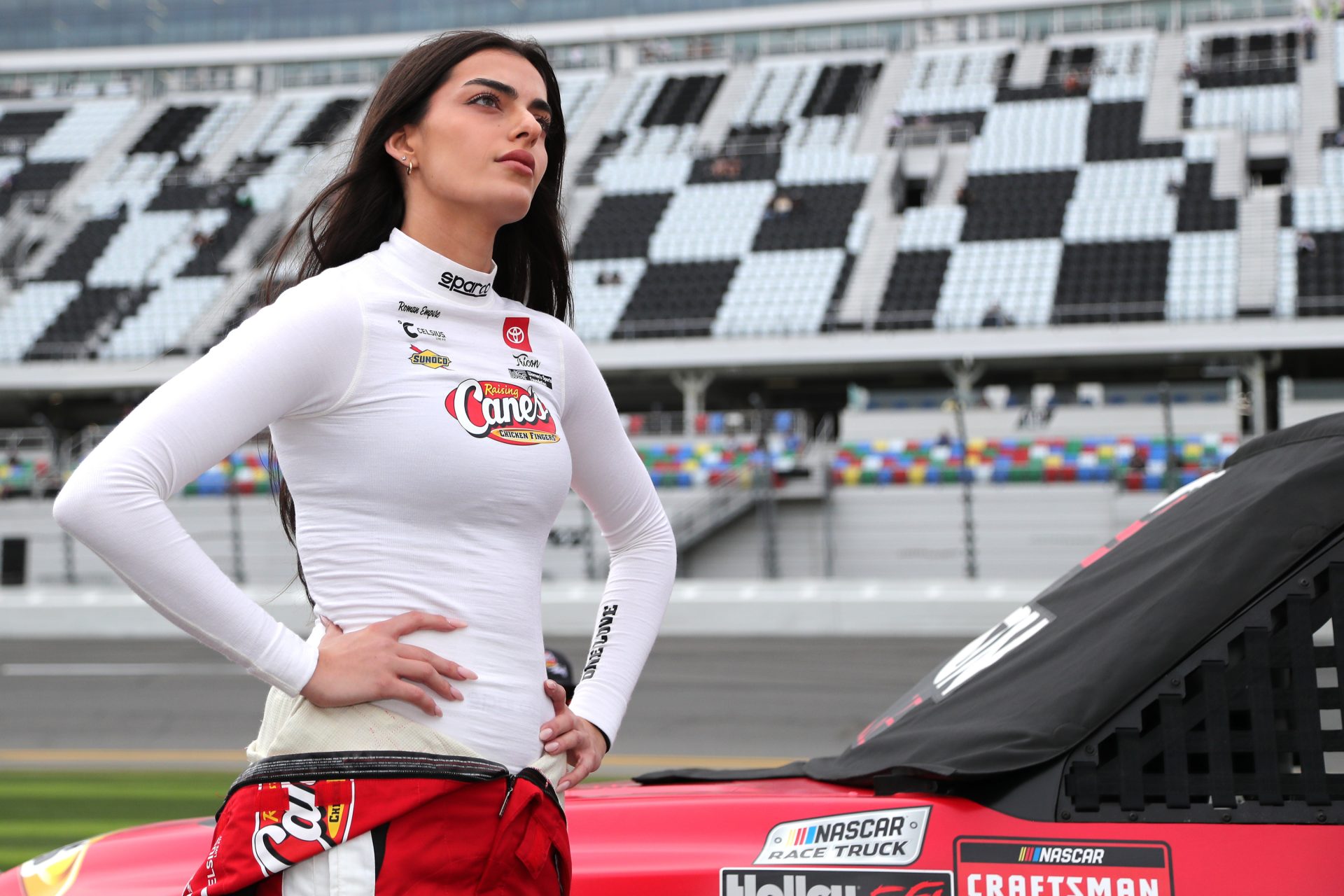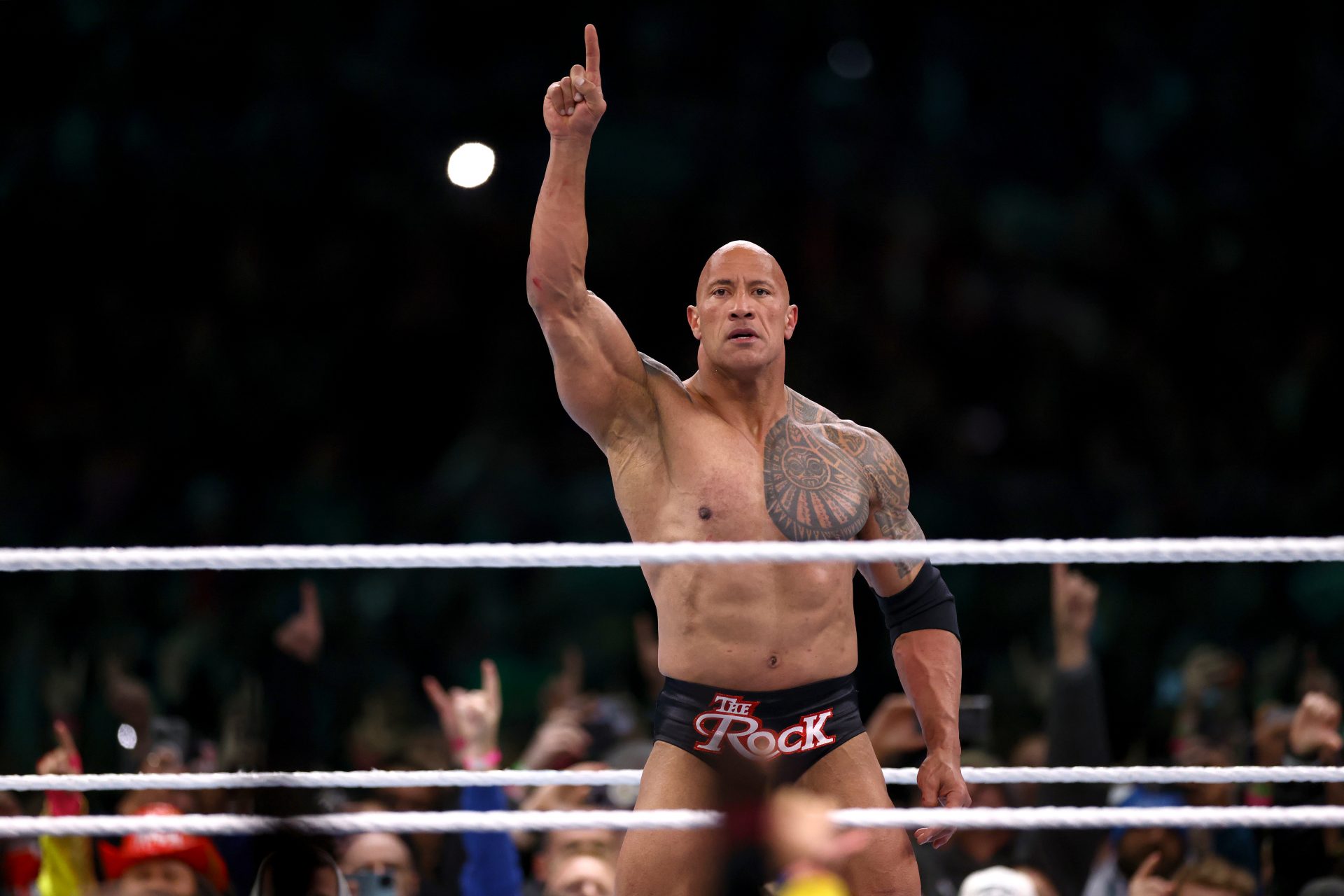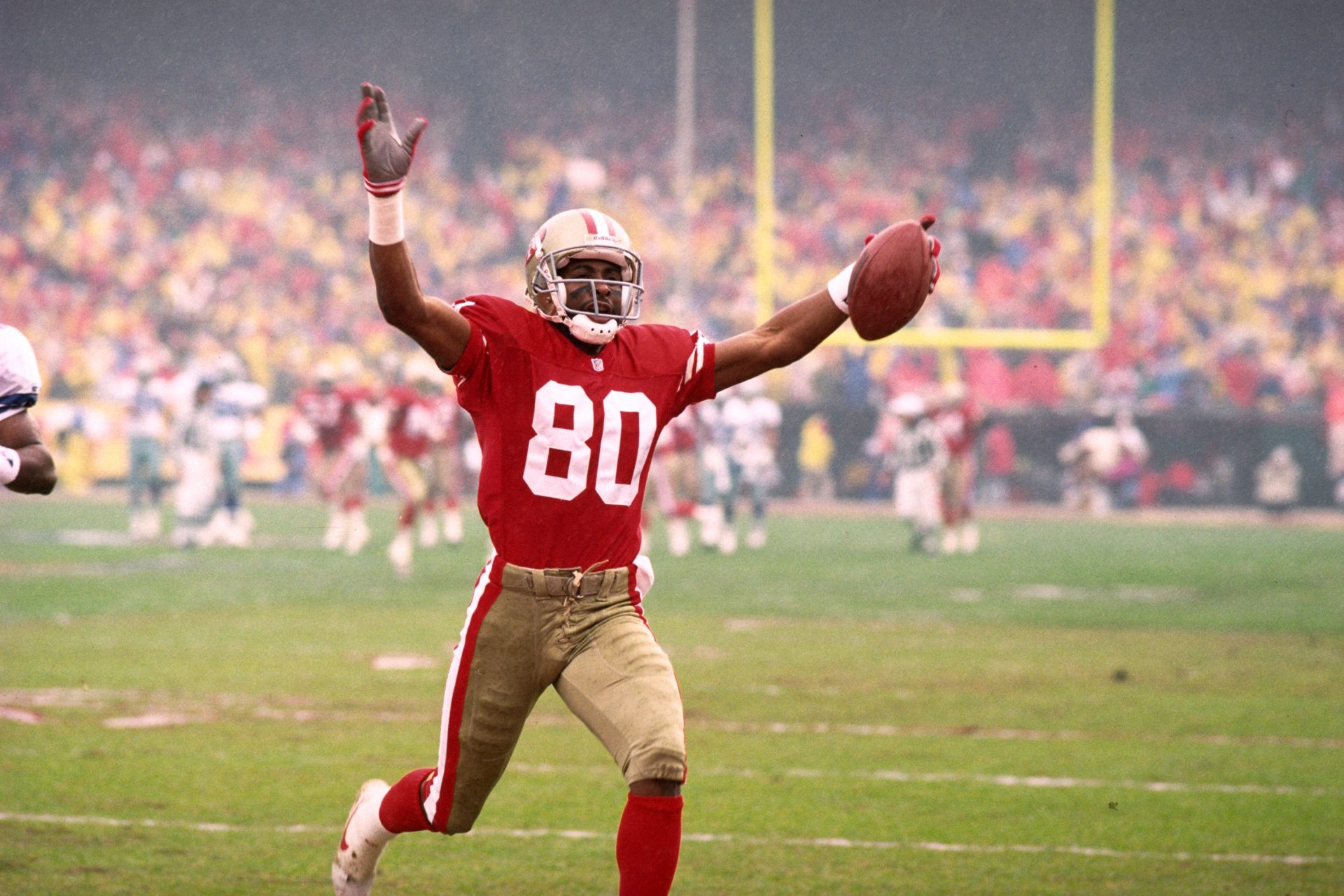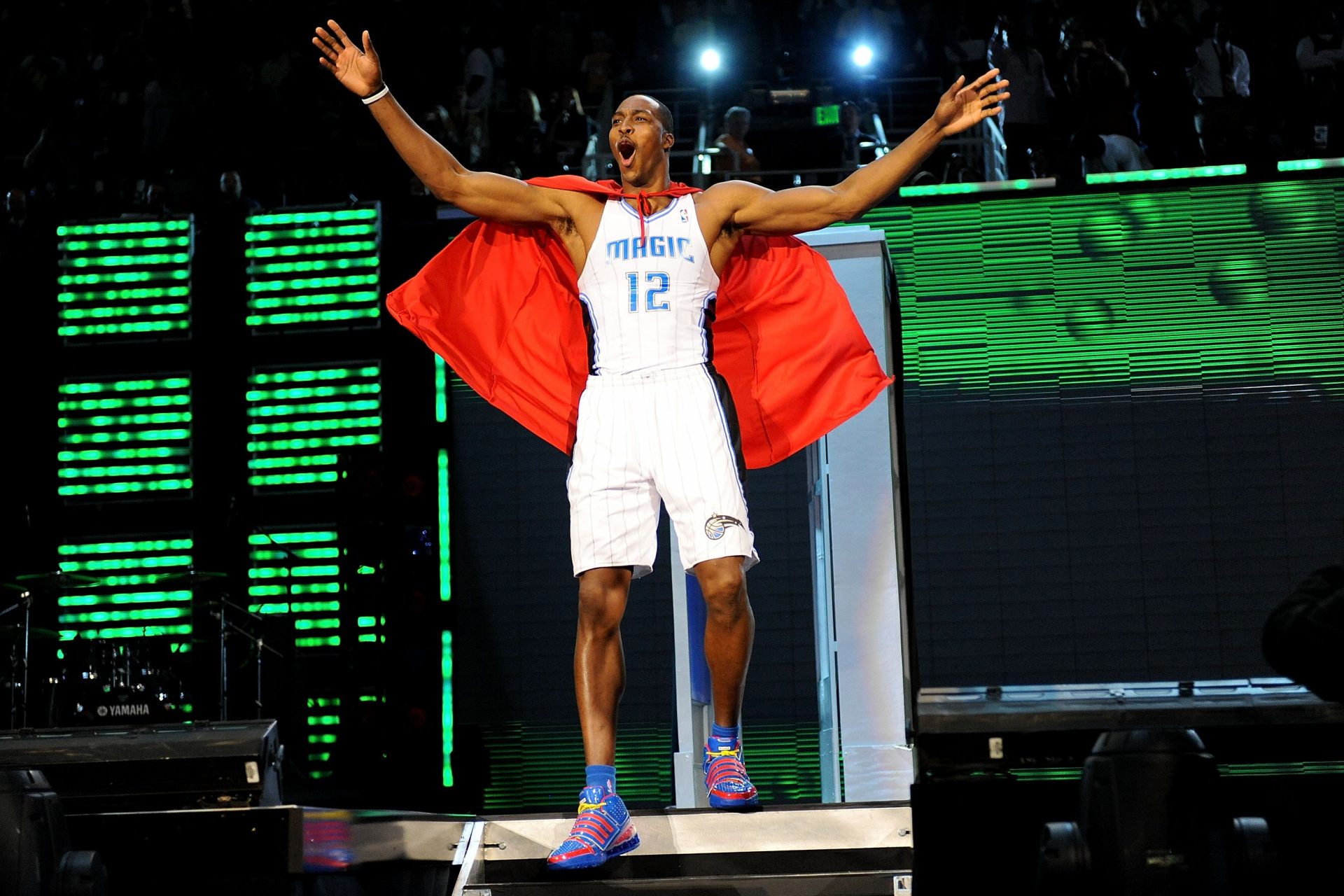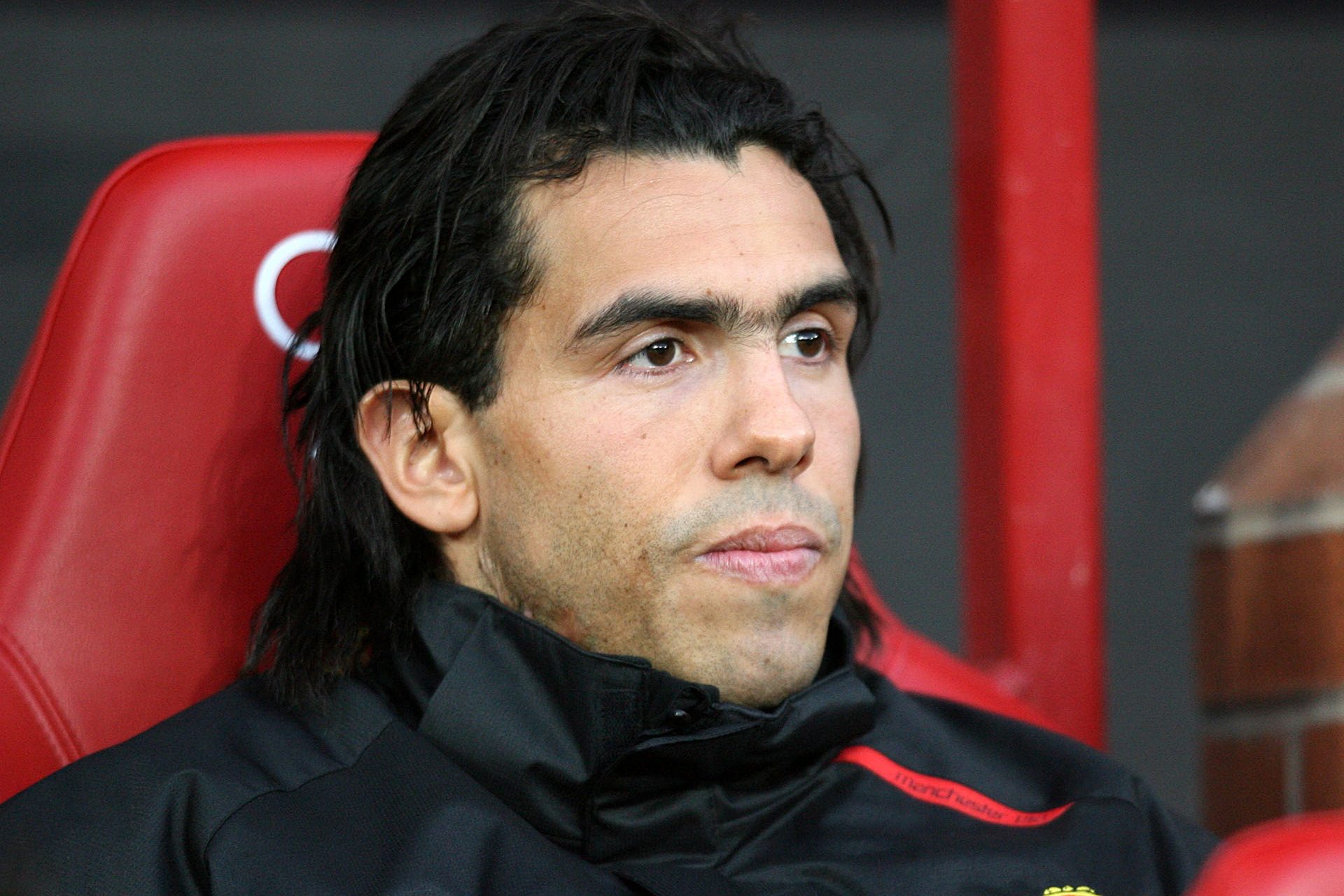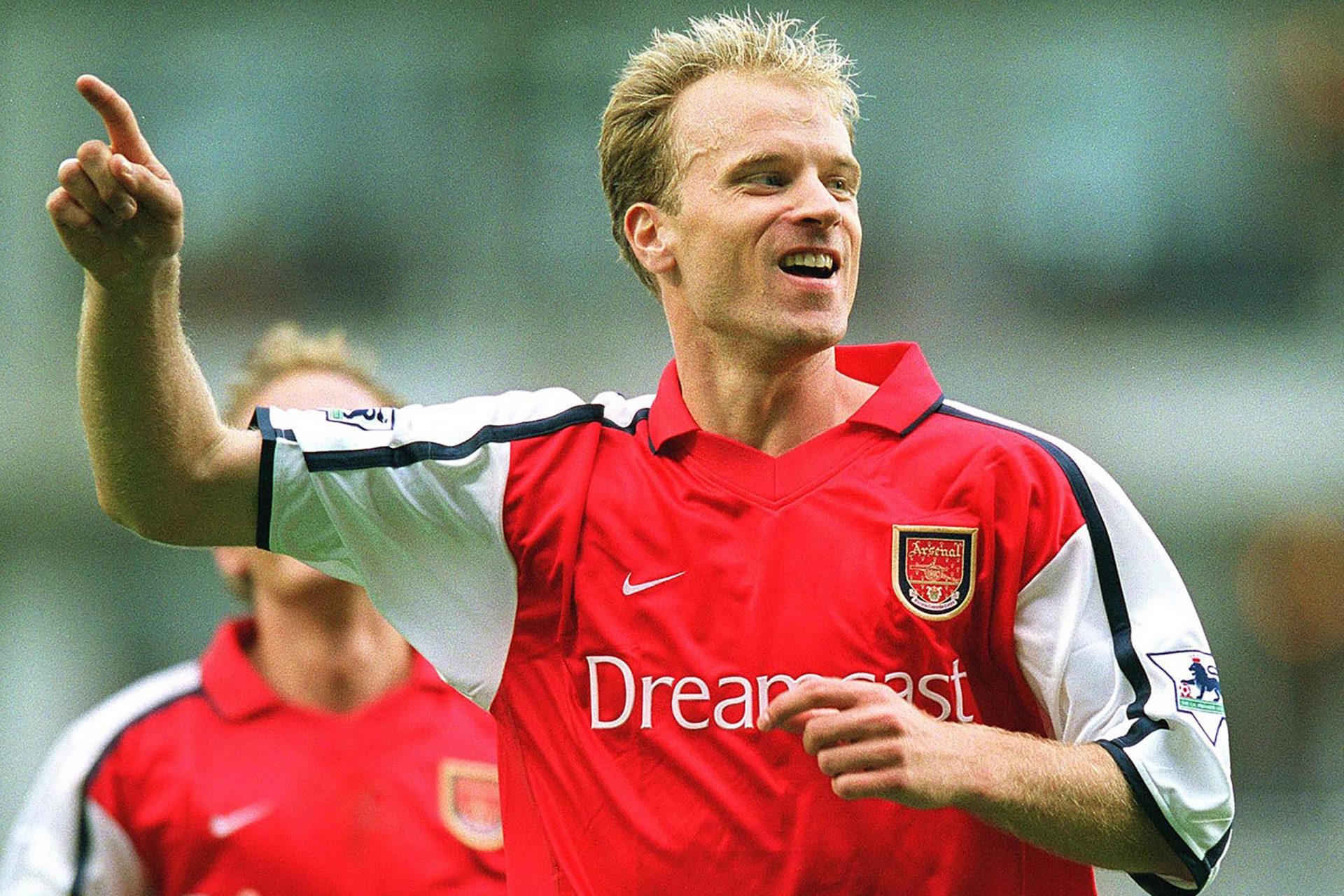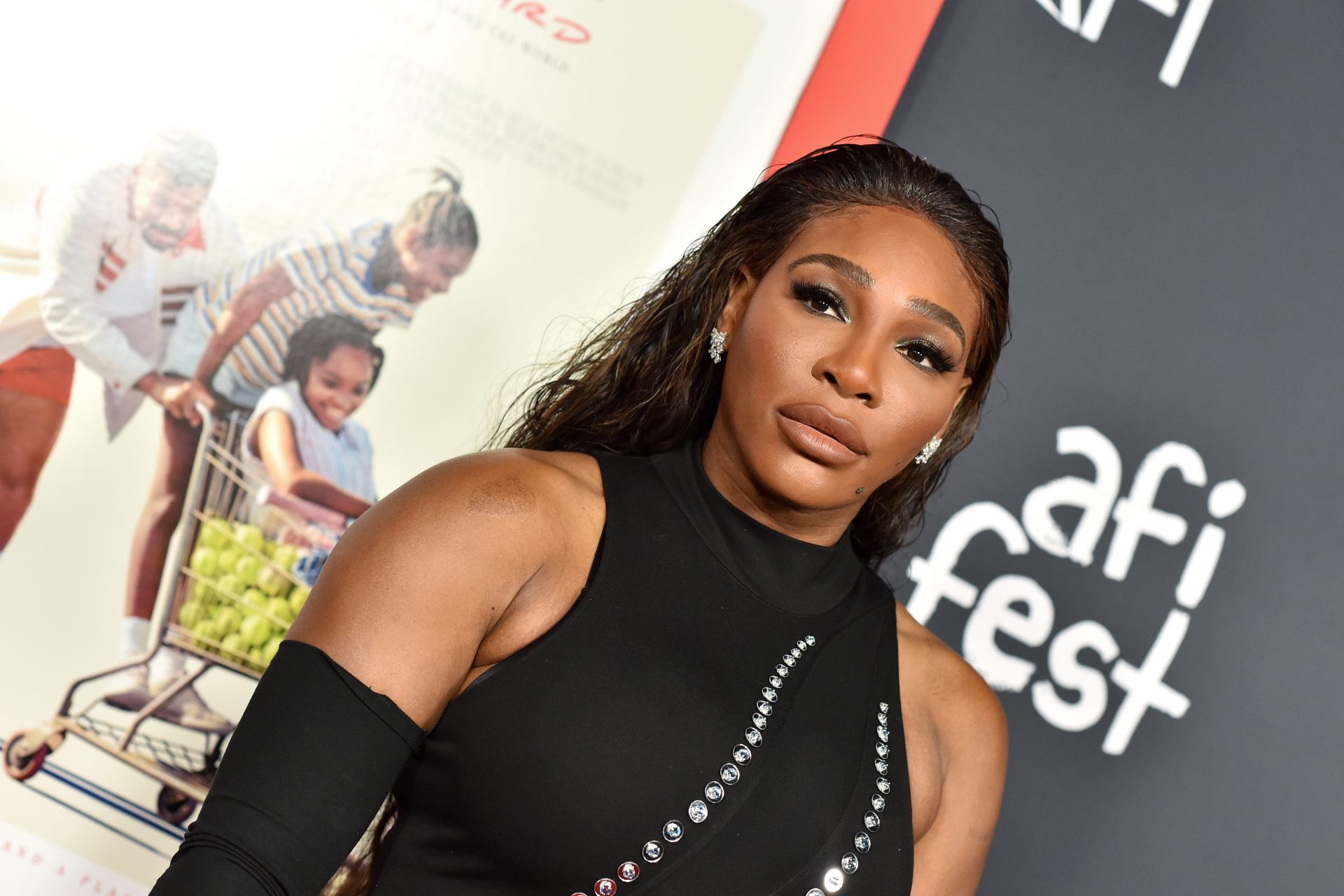A Clockwork Orange: the myth of the Netherlands' soccer team
The Netherlands' football team, also referred to as 'the orange' or 'oranje,' has the reputation of being a mighty opponent on the international field. They are number 8 on the FIFA World Ranking. Yet, the Dutch have never won a World Cup. So what makes them so special?
It's a fact that individual Dutch players often make it to the most prestigious teams. Virgil van Dijk, the current team captain, plays with Liverpool and won the Champions League, UEFA Super Cup, and FIFA World Cup with them. Frenkie de Jong and Memphis Depay play for FC Barcelona, another giant in the soccer world.
To be successful in the World Cup as a national team, however, only playing together during tournaments, that's a different thing. You need to become united quickly, and things between the eleven individuals in the field need to run as smoothly as a machine. That's what happened in the 70s when the Dutch were dubbed 'the Clockwork Orange.'
The Dutch team had a very good run in the 1974 and 1978 World Cups. Both times, they made it to the final.
The Clockwork Orange lost those finals, but the image of a mighty soccer team (they call themselves the 'Lions,' for the Dutch royal emblem of the lion) always remained.
In 1974, their captain was Johan Cruyff, a forward and attacking midfielder who is now known as one of the best players in football history. He won the Ballon D'Or (the Golden Ball for best player in the world) three times, in 1971, 1973, and 1974.
Cruyff was a star. He had a different sponsor from the other Orange players and he chose the number 14, starting a trend in football to number players beyond the range of 1 to 11, as The Independent explains. Cruyff played 48 games in Orange and scored 33 times during those games.
Part of the Clockwork Orange fame was the Dutch strategy of 'total football:' a tactical system enabling any outfield player to take over the role of any other player in the team.
In the image from the 1974 World Cup, we see midfielder Johan Neeskens (white shirt) in action.
As defender Wim Rijsbergen of the 1974 orange team told The New York Times: "The defenders went forward, the forwards came back. We played football. He even used the goalkeeper... as a libero, playing outside the area."
With 'he,' Rijsbergen meant his coach, Rinus Michels. "He changed football. We were the Naranja Mechanica, Clockwork Orange. He changed the mentality. We were not just guys moving forward and backward. We played with a lot of pressure on the other team, with a lot of risk in the back."
As the New York Times recounts, "FIFA named Michels the greatest coach of the 20th century primarily because the style of his Ajax and Dutch teams, and later of his Barcelona team, helped change a game that had grown cautious and defensive."
Despite their admirable, risky, and entertaining play, the Dutch Naranjas of the 70s were never rewarded with a trophy. In 1974, they lost the final to host country West Germany, 1-2.
The Germans had a reputation. As English footballer Gary Lineker would say: "Football is a simple game. Twenty-two men chase a ball for 90 minutes and at the end, the Germans always win."
Four years later, the Clockwork Orange returned to the international arena. This time they went without Cruyff but still with a strong lineup of players, including those considered among the best in history: Johan Neeskens, Rob Rensenbrink, and Ruud Krol.
The atmosphere was charged, though. The World Cup took place in Argentina, then ruled by a dictator whose opponents 'disappeared' by the thousands. The fans' and media's ethical reluctance to the tournament was similar to that of Qatar in 2022, but the violation of human rights in the host country was easier to conceal in the 70s than in the 2020s.
Once again, the Clockwork Orange made it to the finals in this World Cup. They tied 1-1 with Argentina in regular playing time but saw the hosts make two goals in extra time. It was over for the Dutch.
In the years after those two World Cups, the Netherlands rarely came close to the trophy. The golden generation of the Clockwork Orange moved on to become successful coaches or retire.
With Rinus Michels, The Netherlands did win the European championship in 1988. Players like Ruud Gullit and Marco van Basten (photo), Ronald Koeman, and Frank Rijkaard became the heroes of a new generation.
In 2010, after a series of disappointing tournaments, the Dutch would reach the final of the World Cup for the third time. And, again, they lost.
This time, they played against Spain in a thrilling final with just one goal, in extra time (minute 119). Andrés Iniesta scored the crucial point.
Netherlands' star player Arjen Robben had gotten close to making the definitive goal during regular playing time, but he never managed to finish the job.
Analysts have often compared the three finals, focusing on those fractions of the games where the Orange machine was close to delivering a goal but fell short a tiny bit and let victory slide through their fingers.
Since 2010, the Dutch haven't made it to a final in the European nor in the World Cup. They had a good run in the Brazil World Cup of 2014, under the same coach they have today - Louis van Gaal - but they were eliminated in the semifinal by Argentina. After a 0-0 tie in the extra time, penalties decided the game in favor of the Argentinians.
As Sporting News summarizes it, "it has been nothing but disappointment for the Oranje. They failed to qualify for either Euro 2016 or the 2018 World Cup, and were bounced in the Round of 16 at Euro 2020." For quite some time, streets in The Netherlands went without the supporters' orange flags.
Despite the disappointments, "The Netherlands enter the FIFA 2022 World Cup as an international enigma," Sporting News argues.
Led by the same coach as in the successful 2014 run and with a strong record of victories behind them in the qualification phase and Nations League, they may be able to build a machine like the Clockwork Orange again.
More for you
Top Stories





























